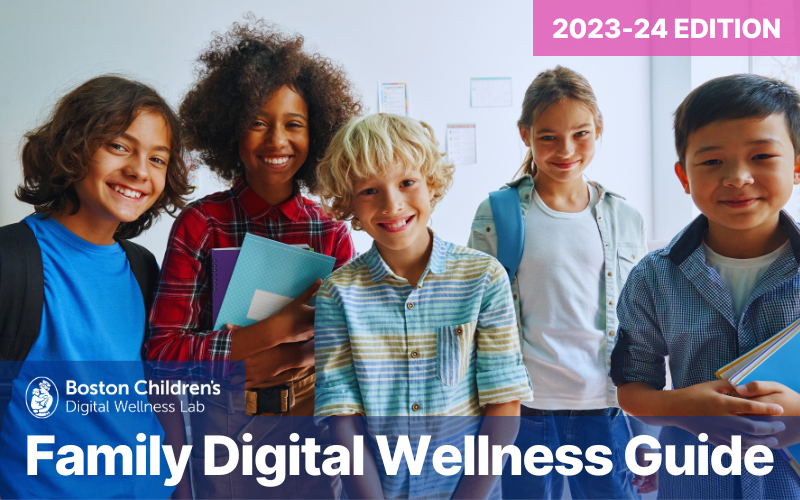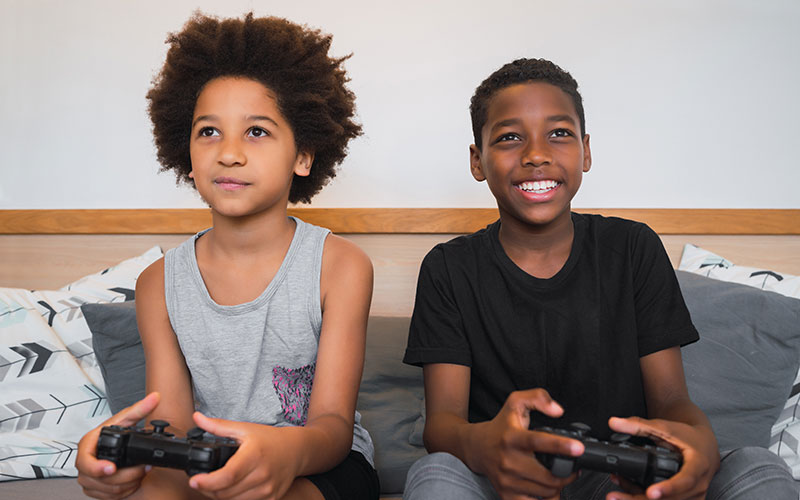My 8-year-old grandson wants to play social, open world video games, like Minecraft and Roblox, but I’m not sure if he should. He can be pretty active sometimes and I worry about anxiety or ADHD. Do you think it’s okay for him to play and, if so, for how long?
– N00b Nana
Dear N00b,
It’s great that you’re thinking about your grandson’s long-term health as you consider his interest in video games. He’ll be delighted to hear that he should be fine to play these games…but with scaffolding from you to support his healthy development.
Games like these can help young players develop their science, math, and analytical thinking skills as they build structures and complete challenges. Research also shows that open world games can have positive effects on kids’ attention and ability to learn, since they have to create and navigate mental maps of the worlds. These games are also interactive, enabling your grandson to create social relationships with other kids his age, even when they can’t be together in person.
Keeping in mind that these video games can also involve tasks of killing bad guys and that they enable social chat, it’s best to play the game alongside your grandson and check in with him about his emotions and thoughts along the way. By playing together, you are demonstrating respect for your grandson and his interests, and giving him an opportunity to be an expert, by teaching you how to play.
As a fellow gamer, you are able to inject perspective, questions, and guidance without sounding like a nagging or reprimanding adult. You can meet his online gaming friends and challenge portrayals of violence or inappropriate language within the game, teaching him to be a critical consumer of media.







